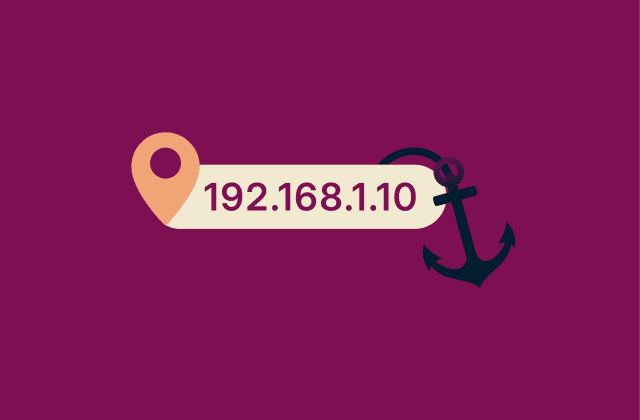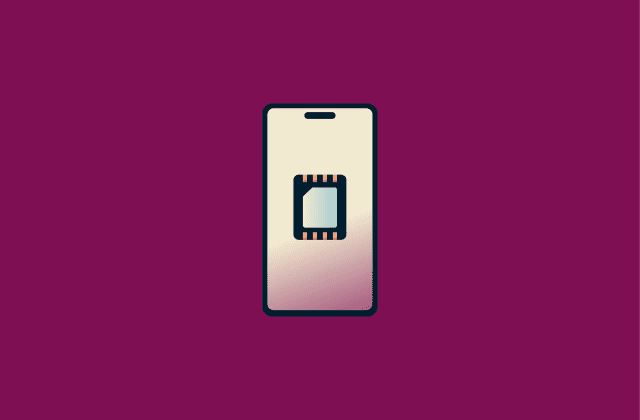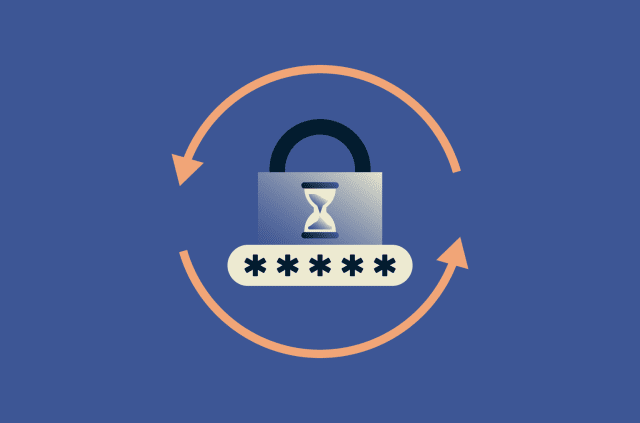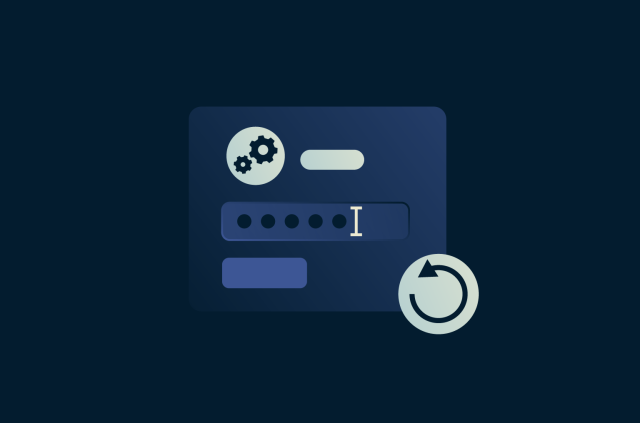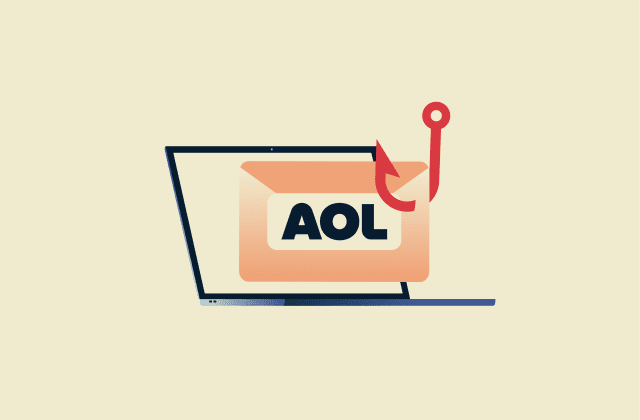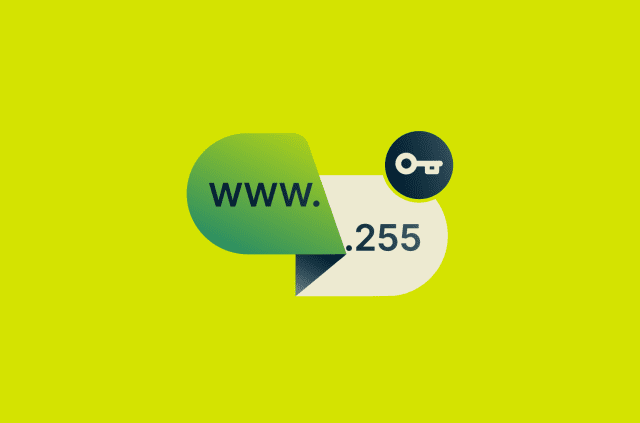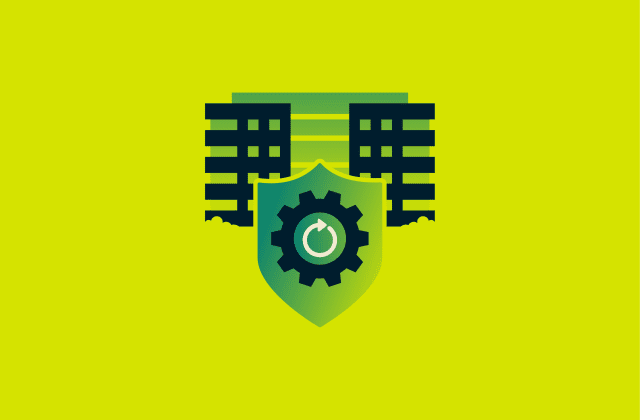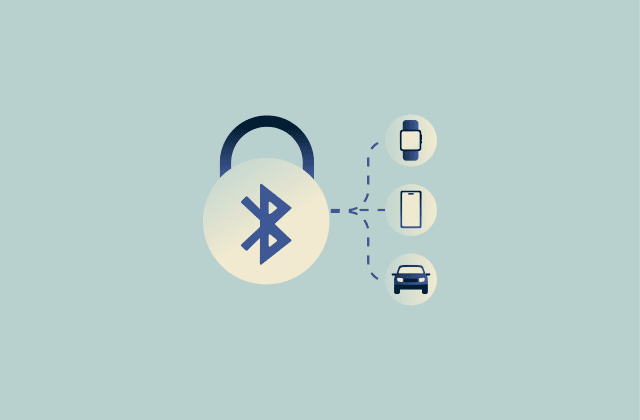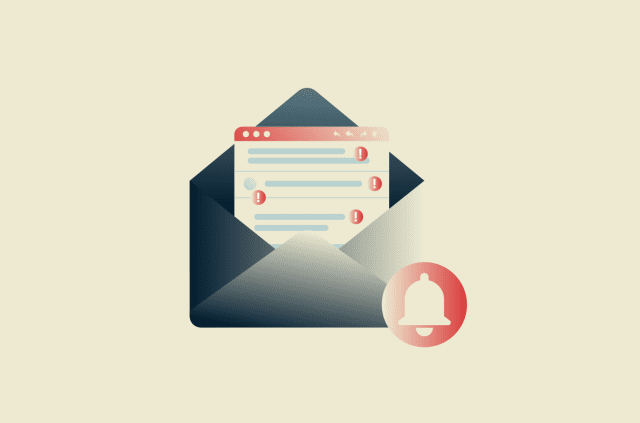How to hide your IP address and protect your online privacy
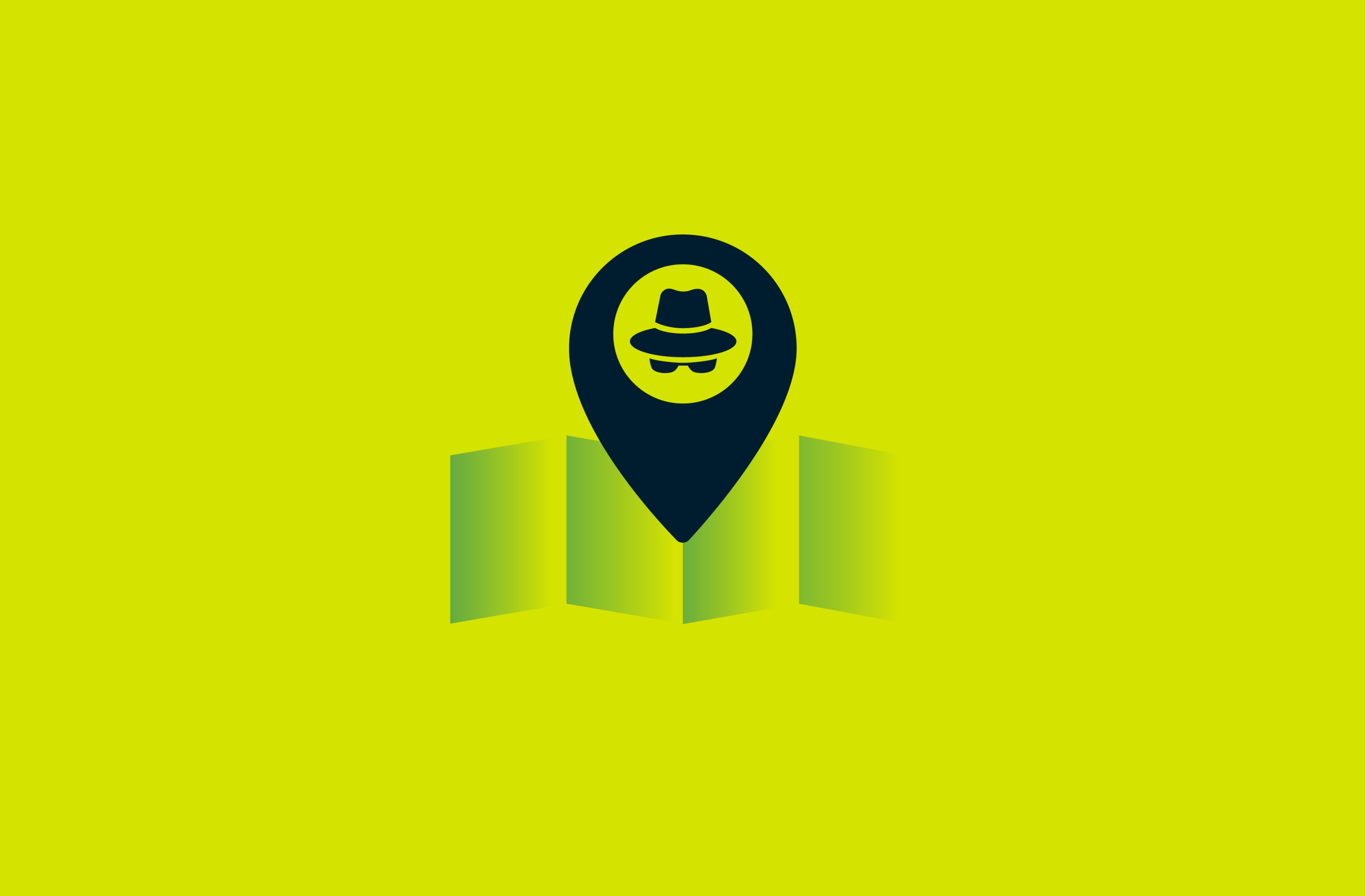
Your online activity might not be as private as you think it is. The moment you connect to the internet, your device is assigned a unique Internet Protocol (IP) address. This is a digital identifier that can be used to determine your internet service provider (ISP) and approximate location. To ensure you stay safe and anonymous online, you may want to mask your real IP address
In this guide, you’ll learn how to hide your IP address and take back control of your privacy. We’ll also cover what an IP address is, why hiding it is important, and how you can keep it private as you use the web.
What is an IP address, and why does it matter?
An IP address is a unique number that identifies a device or network when it connects to the internet or a local network. It allows data to be sent to and from the correct destination.
There are two main types:
- Public IP address: Assigned by your ISP to your internet connection. It’s usually linked to your router and visible to websites and online services you access.
- Private IP address: Assigned by your router to devices inside your home or office network. It’s used only within your local network and isn’t visible to the wider internet.
Without a public IP address, your devices wouldn’t be able to send or receive information online. This is the address you may want to hide in order to protect your privacy. Tools like ExpressVPN’s IP address checker make it easy to see your current public IP address in your browser.
How IP addresses reveal your identity
Since ISPs assign IP addresses in specific geographic ranges, your IP address reveals some key information about your location. This includes your country, region, city, and, potentially, your ZIP code. Your IP address also identifies your ISP, showing which business is providing your internet connection.
What others can see from your IP
An IP address doesn't directly reveal personal details like your name, phone number, or exact address. However, it reveals enough information that a third party could use to start building a profile on you, including:
- Your geographic location: An IP address can be traced to find a general location, often down to the country, state, or city level, but not your precise street-level location.
- Your online activity: Websites log your IP address to track session activity and analyze your browsing patterns and behavior, even without cookies.
- Your ISP: Your public IP address directly identifies your ISP.
- Your network type: Your IP address can indicate if you are connected to a home Wi-Fi, public Wi-Fi, or a mobile network.
The information can also vary based on your ISP. For instance, in the past, Verizon injected a Unique Identifier Header (UIDH) into web requests, allowing advertisers to tie browsing habits to unique customers.
Why you might want to hide your IP address
Masking your IP address has several benefits, like protecting your personal information, preventing tracking, and defending against the other risks of someone getting your IP address. Below are the main benefits you’ll get from concealing your IP address.
Stop your ISP from tracking you
Your ISP can see and log much of what you do online, from the websites you visit to the apps you use. In some regions, ISPs are even required to collect and store your metadata for long periods of time. Additionally, they could sell your browsing information to advertisers and other third parties.
Safely access sites and services
Changing your IP address helps you access websites and services that might be blocked or restricted on certain networks like schools, workplaces, or public Wi-Fi. It also allows you to stay connected to your usual online tools when you’re away from your usual location. Keep in mind that this may break some sites’ terms of service, so you should always check and follow the rules of the services you use.
Avoid online profiling and ads
Some companies track your activity across the internet, collecting your personal information to build a profile of your interests and habits. This is why you might see a targeted ad for a product you just looked into or a trip you were researching. Hiding your IP address is one of the key ways to avoid being tracked and protect your online identity.
Protection from hackers
Your IP address can be a starting point for cybercriminals. If a hacker has your IP, they can potentially launch denial-of-service (DoS) or distributed denial-of-dervice (DDoS) attacks to crash your network.
Avoid doxxing
If someone is actively trying to identify your real identity based on your online presence, knowing your IP address could be the final piece of information that confirms who you are. For example, cyberstalkers may have identified several possible people based on digital breadcrumbs you’ve left behind. If they have your IP and only one candidate is located in the corresponding location, you may be identified.
In rare cases, someone might even try to contact your ISP and impersonate you to obtain more information. ISPs generally require proper verification and additional information before releasing any account details, but it’s still best not to let your IP become part of the puzzle in the first place. The best solution is to mask your IP address, ensuring doxxers never have access to it.
5 proven methods to hide your IP address
There are various ways to hide your IP address, each with its pros and cons. Below are the methods you can consider using to protect your online identity.
Use a VPN
Using a virtual private network (VPN) is the most effective and reliable method of masking your IP address. VPNs route your internet traffic through an encrypted tunnel to a remote server operated by the VPN provider. When you connect to a VPN, the VPN server replaces your IP address with its own, keeping your real IP address hidden from the websites you visit and most third parties. Your ISP can still see that you’re connected to a VPN and the VPN server’s IP address, but not your online activity or the sites you access.
Keep in mind that some VPN providers keep records of users’ real IP addresses. For maximum privacy, get a VPN with a no-logs policy. Better yet, get one like ExpressVPN that undergoes regular independent audits.
Use the Tor network
The Onion Router (Tor) network, generally accessed through the Tor browser, anonymizes your browsing activity and IP address by routing your internet traffic through a decentralized network of volunteer-operated servers. It encrypts your traffic multiple times, sending it through at least three relay nodes before reaching its destination.
Tor is effective for staying anonymous and hiding your IP address. But it comes with some issues. Using Tor is generally incredibly slow. Also, because the last relay (called the exit node) decrypts your traffic before it reaches the website, a malicious exit node operator could potentially see or modify the data you send, especially if the site doesn’t use HTTPS encryption.
Use a mobile network
If you need a temporary way to change your IP address, simply switching from a Wi-Fi connection to mobile data will do it. Your mobile carrier will assign your device a new IP address, effectively hiding the one you had from your Wi-Fi network. Of course, the connection won’t be encrypted, meaning this isn’t the most secure solution.
Additionally, the IP address assigned by your mobile carrier will still reveal your general location to anyone who’s looking.
Use public Wi-Fi (with caution)
Connecting to a public Wi-Fi network at a cafe or airport is another way to get a temporary, new IP address. Note that there are some risks associated with public Wi-Fi connections, so it’s best to avoid using sensitive information like your banking details while connected.
Use a proxy server (not recommended)
Proxy servers are intermediaries that can hide your IP address by acting as a gateway between your device and the internet. When you connect to a proxy server, your traffic is routed through it, meaning the websites and apps you use see the proxy's IP address instead of your real one.
However, many public or free proxy servers aren’t a secure or reliable way to protect your privacy. While some may encrypt traffic between your browser and the proxy server, they often decrypt it before forwarding it to the destination site, meaning the proxy operator could potentially view your activity.
What’s worse, some proxies can even break the encryption that normally keeps your connection secure when you visit websites online. This can allow the proxy operator to see not just your browsing activity but also the actual content you send and receive, including passwords, messages, and other sensitive information. Beyond that, some proxies may log and sell user data.
If you only want browser-level IP masking, ExpressVPN’s hybrid browser extension for Chrome and Firefox includes a Proxy Mode that runs on the VPN’s infrastructure. Unlike free public proxies, it also operates under ExpressVPN’s strict no-logs policy, meaning browsing activity isn’t recorded, which is a common concern with public and free proxies.
Which IP-hiding method is best for you?
The best IP-hiding method varies based on your needs. While using a VPN is generally the best overall choice, Tor can also be worth considering in certain situations.
Comparison table: VPN vs. Tor
Here’s a breakdown of the key differences between the most common IP-hiding methods:
| VPN | Tor | |
| Hides IP address | Yes | Yes |
| Encrypts traffic | Yes | Yes |
| Connection speed | Fast | Very slow |
| Ease of use | Simple to install and use | Complex due to specific software requirements |
In short, VPNs are generally the best overall choice. They effectively hide your IP address and encrypt your traffic with minimal impact on connection speeds while also being easy to use.
Tor can also be a good option for privacy, as it masks your identity by routing your traffic through multiple servers, so no single node or online service can definitively trace your activity back to you. However, it’s much slower than a VPN, and your ISP can still see that you’re connecting to the Tor network.
Risks and limitations of free methods
Most VPNs require paid subscriptions, so you might be tempted to consider a free method of hiding your IP address. Unfortunately, some free options come with severe limitations or risks:
- Tor: While the Tor network can encrypt your traffic and mask your IP address, it significantly slows down your connection speed. This is because your web traffic needs to go through several nodes before arriving at its destination.
- Free VPN: A free VPN can encrypt your connection and change your IP address at no cost. Unfortunately, connection speeds are often much slower due to their small server networks, which can get congested quickly. Plus, some free VPNs may sell users’ data.
How to set up a VPN to hide your IP
Setting up a VPN to hide your IP address is pretty straightforward. The additional security and useful extra features that come with using a reliable VPN make taking these small steps worthwhile.
Step-by-step for Windows, macOS, iOS, Android
The following step-by-step guides will walk you through how to quickly and easily hide your IP address with a VPN. Note that you’ll need a VPN subscription before you start, but the process is quick. ExpressVPN accepts a wide variety of payment methods.
Once you choose a plan and subscribe to ExpressVPN, you’ll set your login credentials and get an activation code in your online dashboard. You can use these credentials and activation code to log into ExpressVPN once you’ve installed the app on any platform.
Windows
- Download the ExpressVPN installer for Windows.
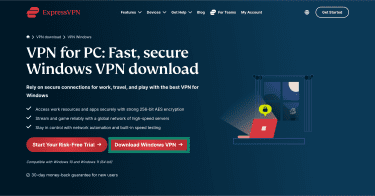
- Run the setup and enter your activation code to log into ExpressVPN. You can find the code in your ExpressVPN dashboard when you log into the web portal.
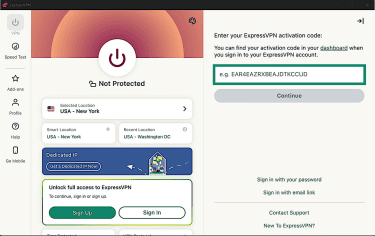
- Press the power button to connect to ExpressVPN and mask your IP address.
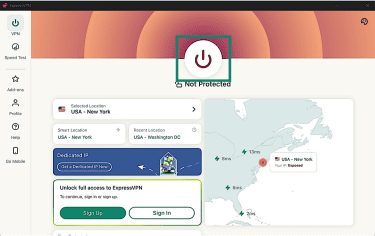
macOS
- Download ExpressVPN’s macOS app from the official website.
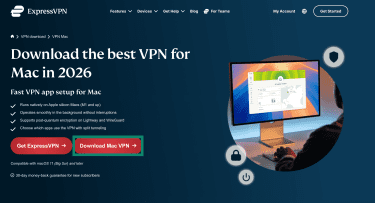
- Open the installer file you downloaded, enter your Mac’s admin password, then click Install Helper and follow the on-screen instructions to install the app.
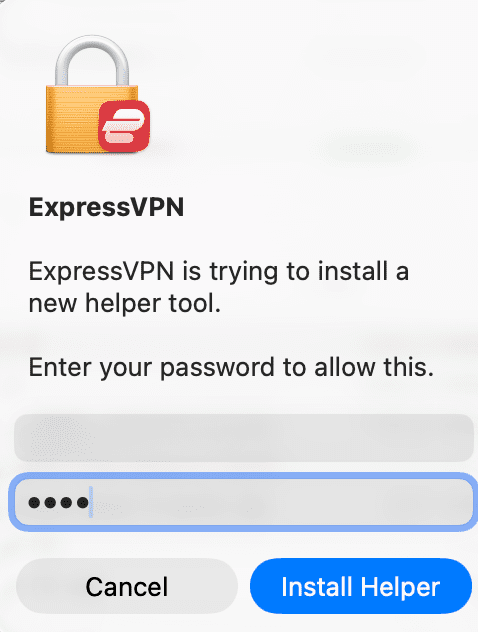
- Launch ExpressVPN and log in with your activation code.
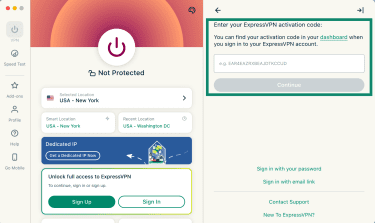
- Press the power button to connect to an ExpressVPN server and hide your IP address.
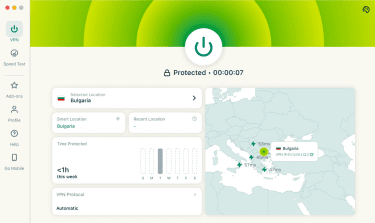
iOS
- Open the App Store on your iOS device.

- Search for “ExpressVPN” and tap Get to install the app on your device.

- Launch the ExpressVPN app and log into it using your credentials.

- Tap Allow when prompted to allow ExpressVPN to add VPN configurations.

- Tap the Quick Connect button to hide your IP address by connecting to ExpressVPN.

Android
- Open the Google Play Store on your Android device.
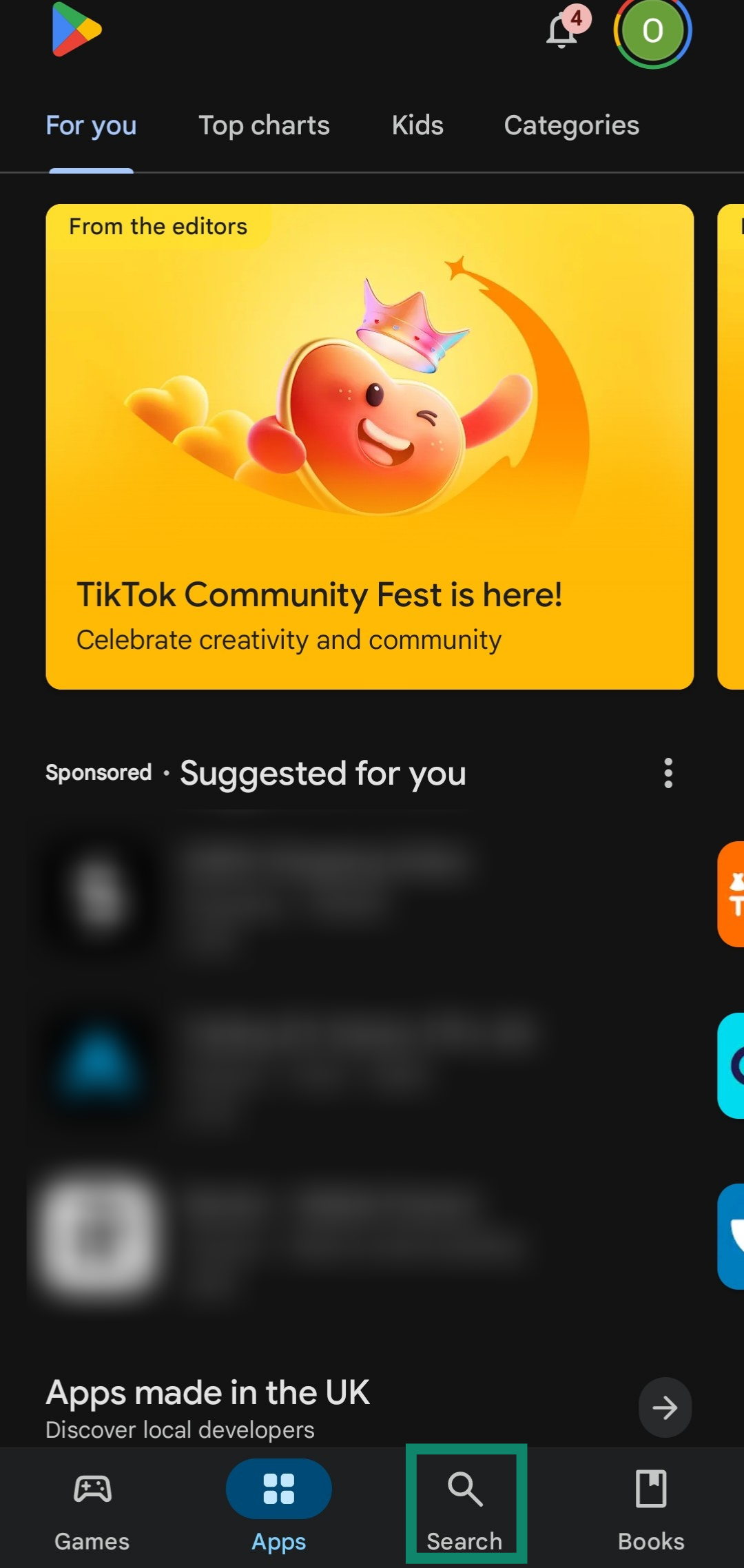
- Search for “ExpressVPN” and tap Install to get the app on your device.
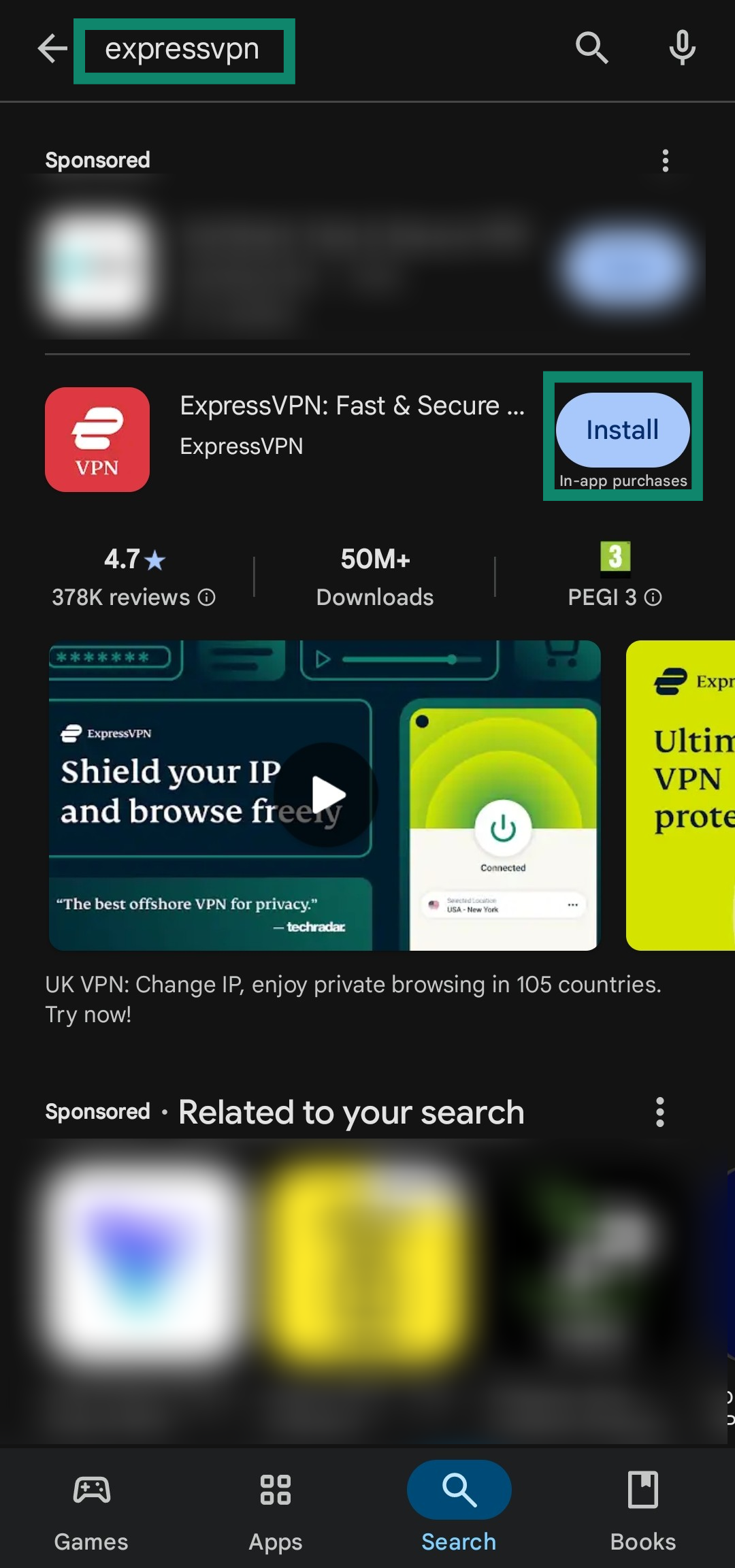
- Launch ExpressVPN and tap the Sign in button to log into the app with your credentials.
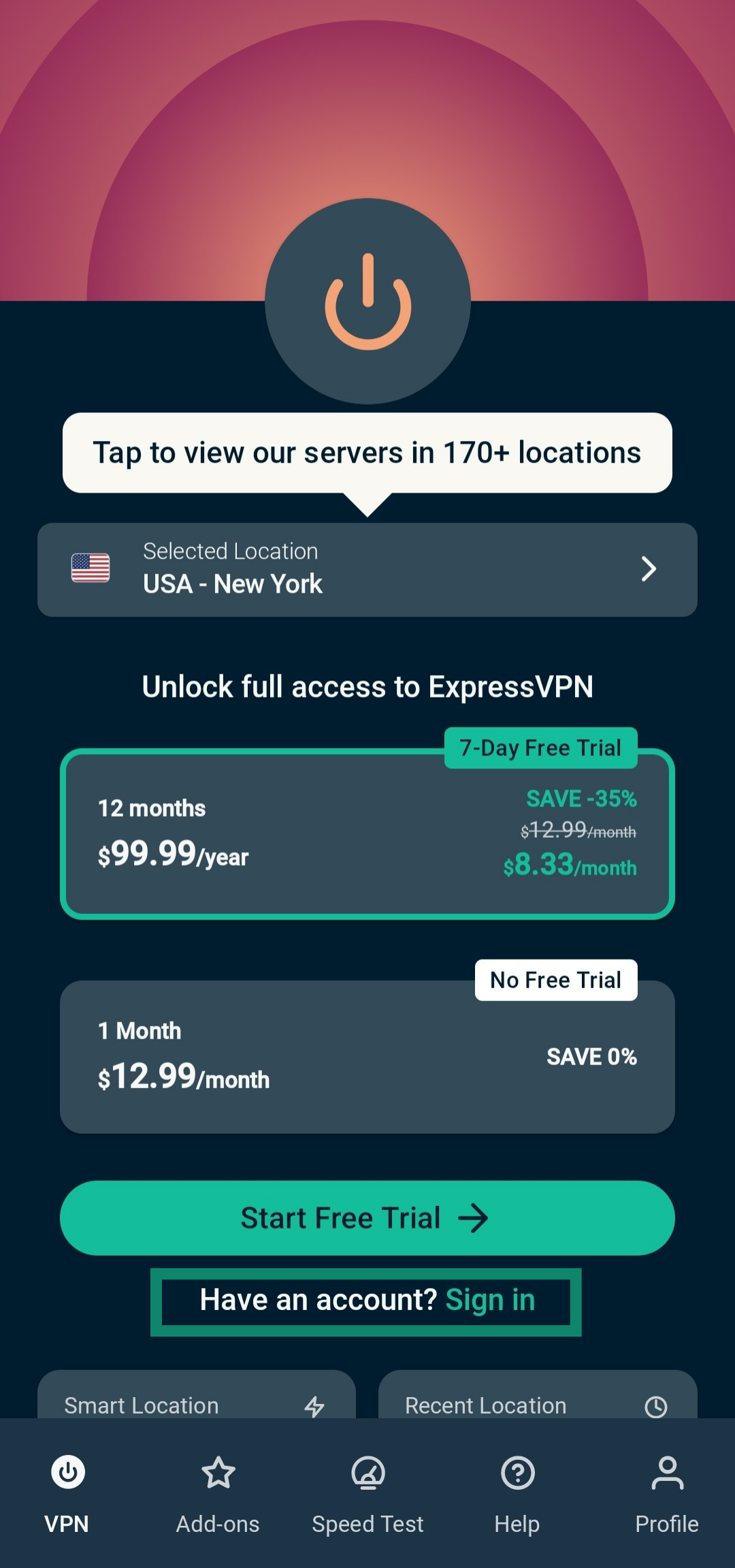
- Allow ExpressVPN to set up VPN connections when prompted.
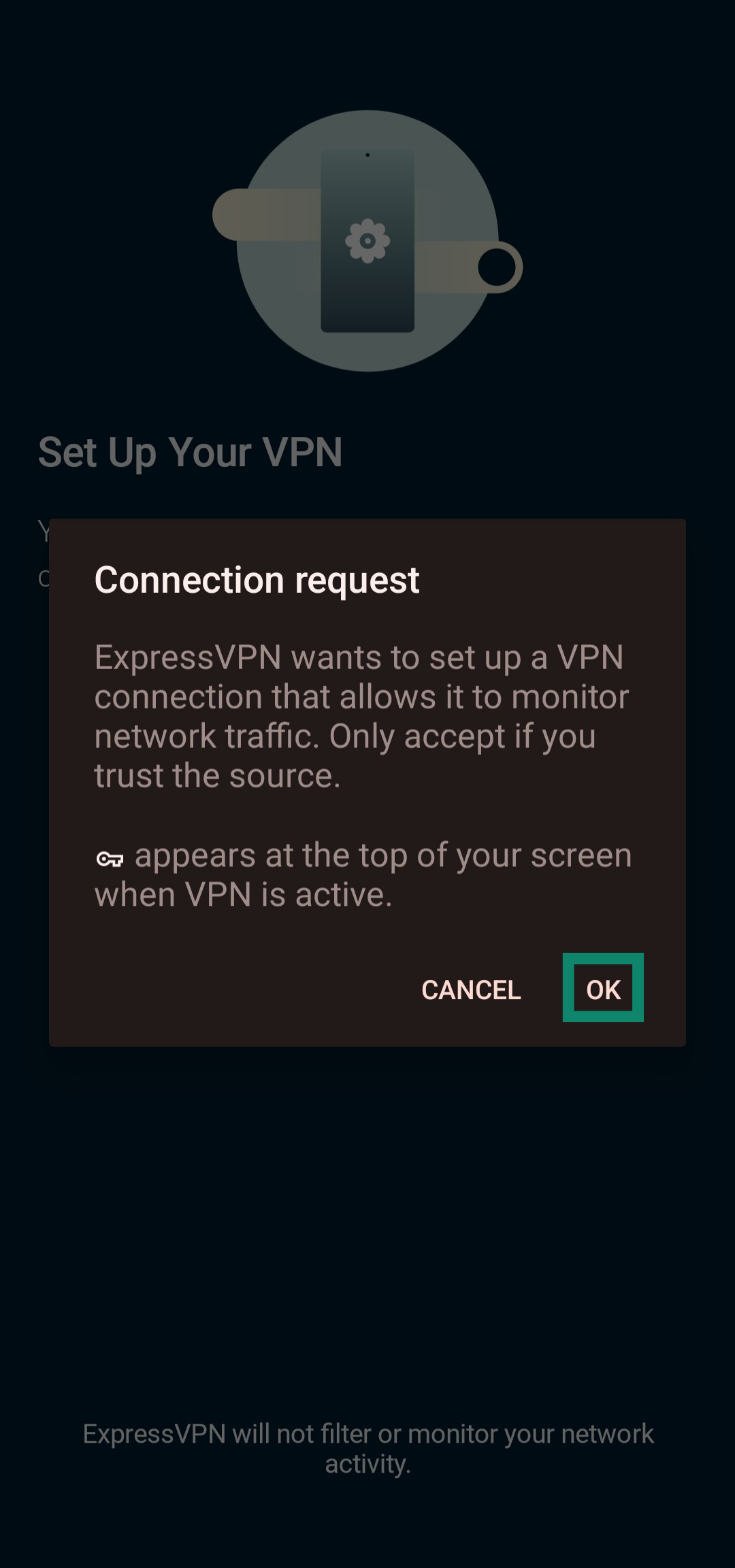
- Tap the Quick Connect button to connect to a server and mask your IP address.
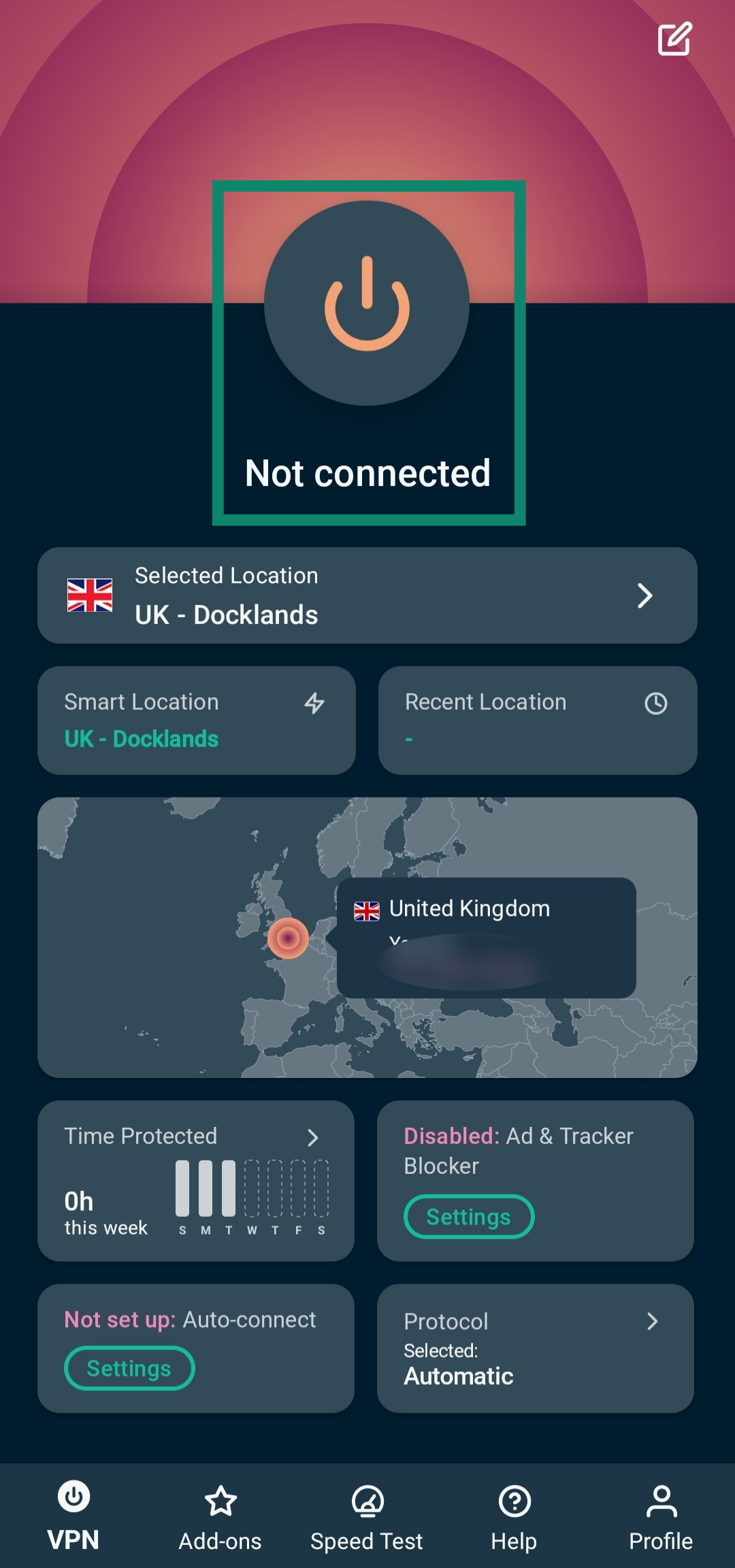
Choosing the right VPN provider
When choosing a VPN provider, it is important to find one that’s trustworthy and transparent. While there are plenty of reliable VPNs out there, not all are equally secure. Some may even share user data with advertisers or fail to address security vulnerabilities. Look for providers that regularly publish transparency reports and undergo independent audits to ensure your VPN isn’t logging your IP address or any other browsing data.
Performance matters too. A VPN that slows your connection can make browsing, streaming, and downloads frustrating. The best providers maintain fast, stable speeds, even on busy servers. ExpressVPN’s Lightway protocol is designed for speed and reliability, letting you hide your IP address while minimizing slowdowns.
You should also consider things like the size of the server network, the quality of customer support, useful extra features, and whether the VPN offers a money-back guarantee.
Features to look for (kill switch, encryption, no-logs)
Here are the most important features to look for when hiding your IP address:
- Encryption: Pick a VPN using an industry-leading encryption standard, such as 256-bit Advanced Encryption Standard (AES).
- No-logs policy: Choose a VPN that has a transparent no-logs policy, ensuring it doesn’t store logs of your activity or real IP address on its servers.
- Kill switch: A kill switch will automatically turn off your internet connection if the VPN has any issues, preventing your real IP address from leaking.
- Split tunneling: This is a helpful feature that lets you only route specific apps through the VPN, hiding your IP address from those apps while others continue to use your normal connection and real IP address.
Can you really be anonymous online?
While hiding your IP address significantly improves your online privacy, it's important to understand that it won’t make you 100% anonymous. Even with a masked IP address, you need to be careful online.
What IP masking does and doesn’t protect
Many sites and advertisers use techniques like browser fingerprinting, cookies, and tracking pixels to identify and follow users across the web. While ExpressVPN’s Threat Manager can protect you against trackers, some websites could still continue to build a profile on you through browser fingerprinting.
Additionally, your activity can still be linked to your account if you’re logged into services like Facebook or Google. For these reasons, it’s important to be mindful of what you do online, even when your IP address is hidden.
Metadata vs. full traffic data explained
Given rising concerns about metadata surveillance, it’s important for all web users to learn exactly what metadata is and how it differs from other kinds of web traffic data.
Full traffic data is the actual content of what you do online. This includes the text of your emails, the body of messages you send, the videos you stream, the websites you browse, and any files you upload or download. It’s the substance of your communication with the web.
On the other hand, you can think of metadata as the information about your communication rather than the substance. It includes things like the IP addresses involved, timestamps, file sizes, browser type, and the domains you visited.
Your metadata can reveal some important information about you. It can never be completely hidden, because some information about your connection and activity is always generated when you go online. You can hide your IP address, but other details may still be visible to the services you use.
While it’s unlikely that a single piece of metadata could be used to definitively identify you, with enough of it, a skilled cybersleuth or analyst could be able to track your activity.
One example of this is a correlation attack, in which someone with access to ISP connection logs can analyze metadata such as the timing, duration, and destination of your connections. If they also have access to public information, like a social media profile where you post messages or upload videos, they can compare those timestamps with the connection data. Over time, consistent overlaps in metadata can reveal which user or device is responsible for specific actions.
Alongside using a VPN to hide your IP address, a privacy-friendly browser can help further protect your online activity by blocking trackers, limiting fingerprinting, and restricting background connections that could reveal metadata about your activity.
FAQ: Common questions about hiding your IP address
Can I hide my IP address without a VPN?
You can, but the alternative methods of hiding your IP address aren’t as effective. For instance, using the Tor network leads to significantly slower connection speeds. Tor also encrypts traffic only inside its network, so your internet service provider (ISP) knows you're connecting to Tor, though it can't know where your traffic is going once you're inside.
Can my IP address be tracked if I use incognito?
Yes. Incognito mode only prevents your browser from storing your browsing history, cookies, and site data locally. It doesn’t hide your IP address or prevent websites, networks, or online services from seeing it. If you want stronger privacy online, consider using a privacy-focused browser alongside a virtual private network (VPN), which can help reduce the information others can gather about your activity.
Is it legal to hide your IP address?
Yes, hiding your IP address is legal in most countries, though some IP-hiding tools like virtual private networks (VPNs) or Tor may be restricted in certain jurisdictions. Of course, hiding your IP address to commit a crime is illegal anywhere. It’s important to check local and comply with laws.
How can I hide my IP on a smartphone?
The best way to hide your IP address on a smartphone is by installing and connecting to a virtual private network (VPN). Alongside hiding your IP address, this will also encrypt your connection and safeguard your online activity.
Take the first step to protect yourself online. Try ExpressVPN risk-free.
Get ExpressVPN




